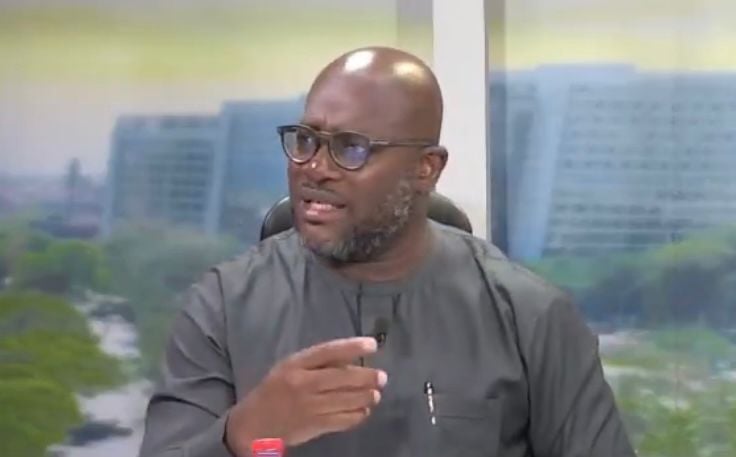The political landscape of Ghana is once again embroiled in controversy, with accusations of deception and broken promises dominating the discourse. Former Sekondi MP, Andrew Egyapa Mercer, has launched a scathing attack on President John Dramani Mahama, alleging that the President misled the Ghanaian public with pledges he never intended to fulfill during the 2024 election campaign. This criticism is particularly focused on the government’s handling of the illegal mining crisis, known as galamsey, a persistent issue that has plagued the nation for years. Mercer argues that the President’s current stance on galamsey starkly contrasts with his previous pronouncements while in opposition, leading many Ghanaians to believe they were deceived. This perceived inconsistency has fueled public disillusionment and eroded trust in the government’s commitment to tackling this critical environmental and economic challenge.
The core of the contention revolves around the President’s recent justifications for withdrawing the Inspector General of Police’s task force on galamsey. During a media encounter, President Mahama defended the withdrawal, citing concerns that the task force’s operations were intimidating licensed small-scale miners who were being mistaken for illegal operators. This explanation, however, has been met with skepticism and disapproval from critics like Mercer, who argue that it undermines the government’s stated commitment to combating illegal mining. They perceive the withdrawal as a softening of stance, a backtracking on the strong rhetoric against galamsey that characterized the President’s campaign. This perceived shift has fueled the narrative of broken promises and political maneuvering, further deepening public distrust.
Adding to the controversy is President Mahama’s dismissal of calls for a state of emergency in galamsey-prone areas. He maintains that such a drastic measure should only be considered as a last resort, asserting that the government still possesses the necessary legal tools to address the menace. This position, however, has been interpreted by critics as a lack of seriousness and urgency in tackling the crisis. They argue that the escalating environmental devastation caused by galamsey necessitates a more robust and decisive approach, suggesting that the President’s reluctance to declare a state of emergency signals a lack of genuine commitment to resolving the issue effectively.
Mercer’s accusations underscore a broader concern about the government’s overall performance after just nine months in office. He contends that the initial optimism and hope generated by the campaign promises have quickly dissipated, replaced by a sense of disappointment and disillusionment. This sentiment reflects a growing perception that the government is not living up to its pre-election commitments, not only in the fight against illegal mining but also in other critical areas. This growing disillusionment poses a significant challenge to the government’s credibility and its ability to effectively govern.
The controversy surrounding the government’s handling of galamsey highlights the complex and multifaceted nature of the issue. While the need to protect the environment and preserve natural resources is paramount, the livelihoods of small-scale miners must also be considered. Striking a balance between these competing interests requires a nuanced and comprehensive approach. The government’s current strategy, however, appears to lack this crucial balance, leaving it vulnerable to criticism and accusations of prioritizing political expediency over the long-term well-being of the nation.
In light of the escalating controversy and growing public discontent, Mercer has called upon President Mahama to foster a bipartisan consensus with all political actors to strengthen the fight against illegal mining. He argues that a united front, transcending political divides, is essential to effectively address this complex issue. This call for collaboration underscores the urgent need for a comprehensive and sustainable solution to the galamsey crisis, one that protects both the environment and the livelihoods of those dependent on mining activities. The success of such an approach, however, hinges on the government’s willingness to engage in genuine dialogue and build trust with all stakeholders, including those who have become disillusioned by its perceived broken promises.














